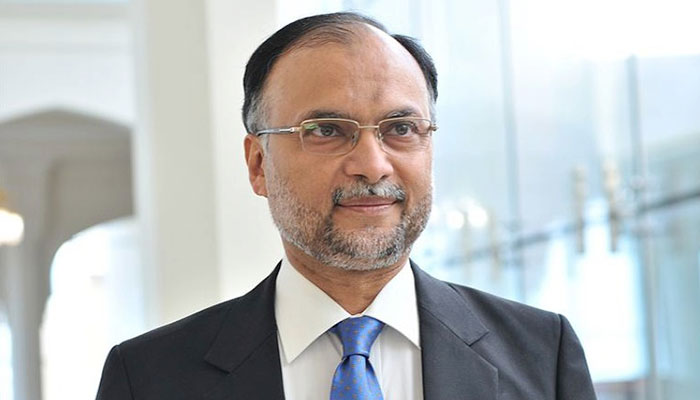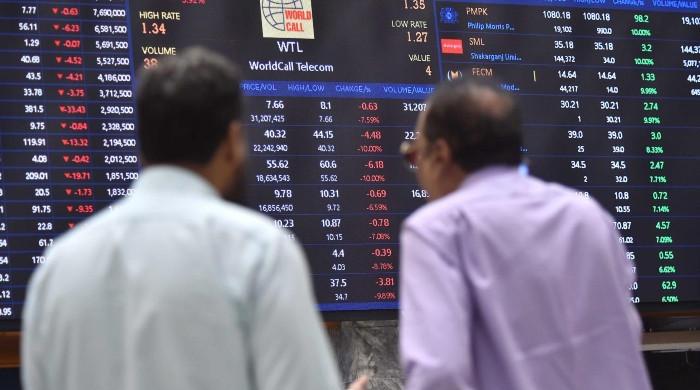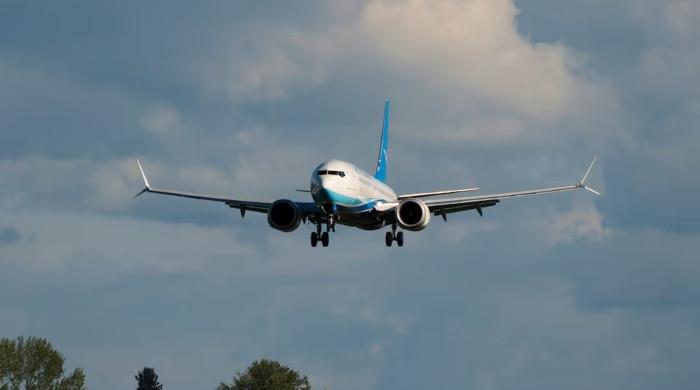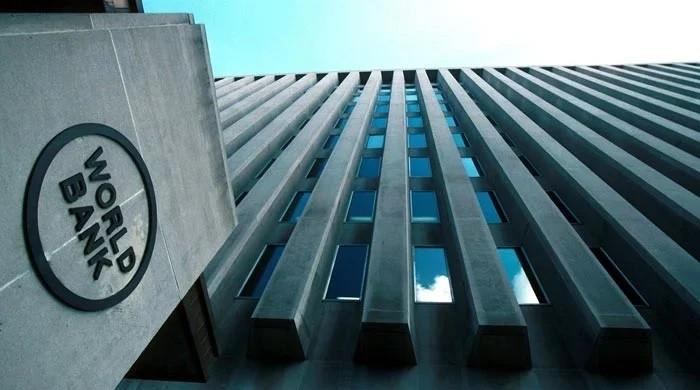Quetta to Kandahar rail service to start with China's cooperation: Ahsan Iqbal
The government has made heavy investments in the energy sector to jump-start growth in the economy, said the development minister in China
April 12, 2018

BEIJING: Minister for Planning, Development and Reforms Ahsan Iqbal said on Thursday that Pakistan and Afghanistan are planning to start a railway service from Quetta to Kandahar with the cooperation of China.
“A plan to start fast train with a speed from 250km to 350km from Peshawar to Karachi via Lahore is in the near future,” he said in an exclusive interview with Geo News, referring to his meeting with Chairman China Railway Construction Corporation, Meng Fengchao.
He also said that the ML-1 from Peshawar to Karachi is being upgraded at a cost of $8 billion and after the completion of this project the speed of trains will increase from existing 80km per hour to 160km per hour.
He also said that they plan to connect Gwadar port with the railway network and start a direct train service from Quetta to Peshawar.
The upgrade of railway is one of the largest portfolios in infrastructure development under the cooperation between China and Pakistan for the CPEC.
The minister also said that in the upcoming meeting with the chairman of National Development and Reforms Commission (NDRC) of China, he will review the progress of the ongoing projects under CPEC and as well approval for the projects of next phase.
'Pakistan wants strong partnership with IMF'
Ahsan Iqbal also said that Pakistan wants to create strong partnerships with multilateral institutions, for regional connectivity projects as they are the key to peace and prosperity.
He made these remarks during a meeting with International Monetary Fund (IMF) director Jihad Azour during a high-level conference on the Belt and Road Initiative (BRI).
The minister also highlighted the need to promote business to business cooperation under BRI and overcoming the knowledge gaps about Chinese industry, trade and financial system by all stakeholders.
During the conference, the IMF director discussed China-Pakistan Economic Corridor (CPEC) project and its impact on the development of Pakistan and the region.
Iqbal also said that through CPEC, the government of Pakistan has been able to address critical bottlenecks of energy and infrastructure hindering our growth. Last year Pakistan had a GDP growth of 5.3 per cent, while projections for 2018 are 5.8 per cent.
He also added that the government has made heavy investments in the energy sector to jump-start the growth in the economy. CPEC projects have created thousands of jobs and revived construction and power sector industries.
The Pakistani government has also taken to investing in the youth of the country and technology areas.
Azour also acknowledged the efforts of the government for promoting education, infrastructure improvement and the alleviation of poverty. He also highlighted the need to jointly work on the areas for capacity enhancement of local human resource under the BRI initiative.











